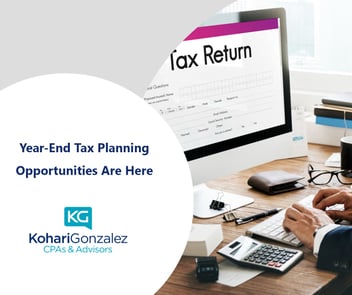We are totally absorbed in our tax preparation process now that the Winter Olympics are over.
We've been grateful for the chance to reconnect with so many longstanding Charlotte friends who entrust us with their most private financial information — and we don't take that responsibility lightly.
And, because I don't take this lightly, I'd like to encourage my Charlotte clients who haven't planned for every contingency for their family to think about utilising this season to take care of another important financial "preparation" as well.
Last week, I wrote a little about it, and this week, I'm closing up my thoughts on the subject.
We'd be happy to assist you with this procedure and point you in the correct way.
3 reasons why more Charlotte families are not planning their estates
“You don’t choose your family. They are God’s gift to you, as you are to them.” -Desmond Tutu
Last week, I discussed a few of the reasons why some Charlotte families fail to perform basic estate planning.
In reality, as of this writing, about 60% of Americans lack a basic will, which is a major issue.
Much of this is due to misunderstandings regarding estate planning, of which I've already addressed two:
1. “Only the wealthy make estate plans.”
2. “If something happens, everything goes to your spouse.”
So, here are three more for you to mull on and dismiss.
Bad Reason #3: “There is nothing else to think about after I create my will or living trust.”
This way of thinking, on the other hand, could lead to a slew of issues. For example, once you've established a trust, you'll need to re-title any assets you intend to transfer to it. Otherwise, trust won't help you at all.
Furthermore, families must update their wills or trusts on a regular basis to reflect major life events such as divorce or the birth of a child. If you relocate to another state, you'll need to rethink your estate strategy.
In fact, it's a good idea to re-evaluate your strategy every three to four years to ensure it's up to current.
Bad Reason #4: “If I have a will, my estate will be exempt from probate.”
That isn't the case, yet again. In fact, “probate” applies to ALL wills. This is a procedure in which a judge assesses whether or not a document is valid and notifies family and creditors. This process can take several months and deplete your estate's assets by thousands of dollars.
So here's one way to completely prevent it: establish a living trust. A living trust is a legal document that you create to hold property (such as brokerage accounts and real estate). The property is smoothly passed to your dependents when you die or become incapacitated. This transfer takes place outside of the probate process, which saves a great deal of time and effort.
Although not everyone need one of these documents, it is something that cannot be erased with a broad brush. That is why, in these situations, it is critical to walk with a knowledgeable guide.
A living trust is also a no-brainer if you own property in more than one state. It's a pain to go through probate in many states.
A living trust also has the benefit of privacy. Anyone can attend the probate hearing to see if any arguments break out because a will is a public document. People can't easily obtain living trusts because they aren't published in any courts. That's quite good.
Bad Reason #5: “I could be held liable for the debts of a deceased parent.”
No, you are not liable for your parents' credit card obligations.
In general, children are not liable for debts owed by a deceased parent, and in some situations, spouses are also protected. Again, you can't use a large brush to paint it. However, in most cases, the estate is in charge of paying debts. Debts are frequently not paid if there isn't enough money in the estate to cover the amount owed.
So there's really no good reason to avoid this type of preparation. It also happens to be something that would be a fantastic addition to your tax preparation routine. So, if you're interested, let me know and we'll get you started on the correct course.
Warmly,
Sara F Gonzalez
(704) 599-3355
Kohari & Gonzalez PLLC



